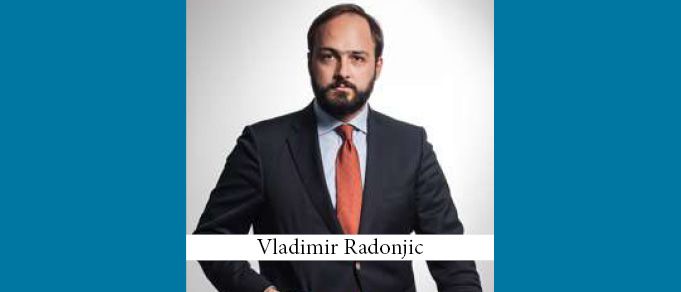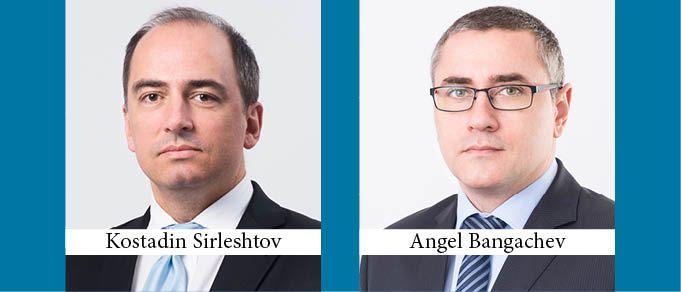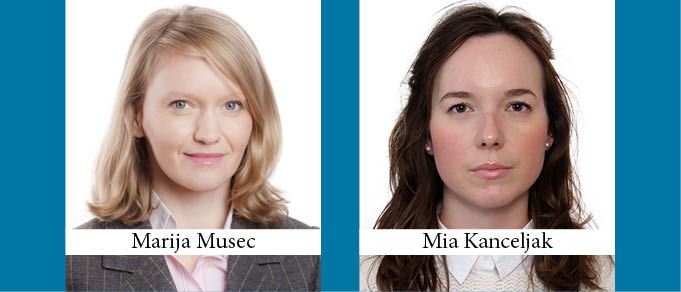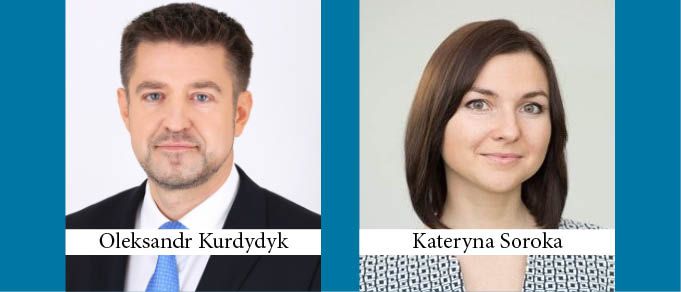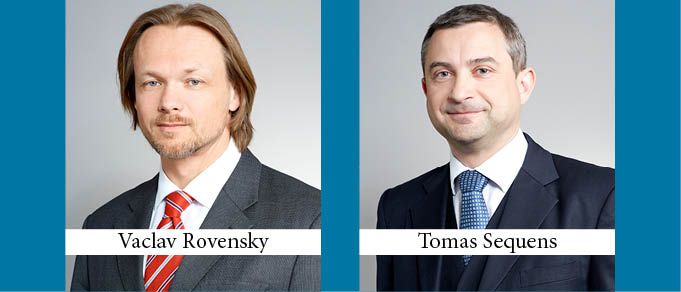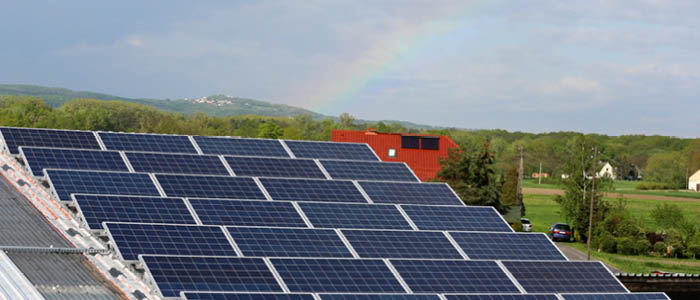Public private partnerships and concessions are effective tools to allow governments to partner with the private sector to develop and finance key infrastructure projects. These forms of collaboration are particularly relevant in Russia, where infrastructure investment needs are estimated by the World Bank to be about USD 1 trillion.
A Source of Optimism in Poland
In December 2017, CMS published the latest edition of its annual “Infrastructure Index” report, which compares the political, economic, and legal environments for investors in infrastructure in 40 countries and constitutes a guide to the world’s most attractive destinations for infrastructure investment. According to the report, the five most attractive destinations for infrastructure investment are the Netherlands, Canada, Germany, the United Kingdom, and Australia.
The New Concessions Law in Lithuania
The new Lithuanian Concessions Law came into force on January 1, 2018. With the new legislation, Lithuania has adopted European Parliament and Council Directive 2014/23/EU on the award of Concession Contracts, which establishes a balanced and flexible legal framework for the award of concessions and ensures effective and non-discriminatory access to the market for all economic operators. The new Lithuanian legislation aims to ensure transparency and fair competition in the development of infrastructure and the provision of services of general economic interest, as well as the attraction of national and EU-wide private investors to the public sector.
Condition Sine Qua Non of Large Scale Infrastructure Projects
The plans to regulate public-private partnerships have been in the program of the Montenegrin Government for at least ten years now. Despite its central importance to both the public and private sectors, a specific legislative and institutional framework in the area of PPPs is still not in place. Instead, PPPs are regulated by laws from several sectors and by the Law on Concessions. The main authoritative bodies in charge of implementing PPP projects are the Privatization and Capital Investment Council and the Concession Commission.
D4 Motorway PPP Coming to Market
It’s been quite a wait, but the D4 Motorway PPP project should be coming to market in April. The project will involve the design, construction, financing, operation and maintenance of a 36 km stretch of motorway between Pribram and Pisek in the south west of the Czech Republic, with operation and maintenance of an adjacent 16 km of existing motorway.
Review of PPP/Infrastructure in Bulgaria
Last year was a good year for the Bulgarian economy, which registered 3.6% GDP growth. The Bulgarian Government plans to further boost the economy in 2018, and initial projections vary from 3% to 4% growth. The main trigger for this will be the continuation of spending public funds on strategic infrastructure projects.
Advanced PPP Legislation But No Projects?
Croatia stands among the highest ranked countries when it comes to the compliance of its PPP legislative framework with international standards. Reports issued by international institutions such as the EBRD and the EIB have praised Croatia for its elaborate legal framework, strong institutional capacities, transparent procurement practices, easy access to justice (including arbitration), and a range of security instruments facilitating financing.
Public Private Partnership Projects in Bosnia and Herzegovina
The constitutional and legislative structure of Bosnia and Herzegovina (BiH) is complex since it is composed of two entities – the Republic of Srpska (RS) and the Federation of Bosnia and Herzegovina (FBiH) – and Brcko District (BD) as a separate unit, and the legislation is adopted on the state level, entity level, and – in FBiH – on the cantonal level. This means that in BiH as such there is no unified Law on PPP, but rather 12 laws on PPP. While the RS and BD adopted their PPP laws in 2013 and 2010, the FBiH drafted a Law on PPP in 2009 which remains in the adoption process. In addition, the cantons in the FBiH have their own set of PPP laws.
How Concession Can Improve the Sleepy Rollout of Broadband Internet-Access in Austria
Austria is definitely lagging behind in terms of Fiber-to-the-Home (FTTH) penetration: According to recent data of the FTTH Council Europe, only one country worldwide has a worse penetration rate than Austria, while other sources suggest there are two countries below Austria. For this reason many initiatives have been implemented on municipal and provincial levels to provide Austrian households and undertakings with high-speed Internet access in parts of the country where a purely commercial assessment would not justify such investments. Obviously this is not yet enough.
Ukrainian Sea Ports Attract Investors
The Ukrainian government has declared its intention to implement the success story of European countries in the sphere of public-private partnerships. In order to implement those ambitious plans the government has established a Project Office for PPP to work closely with international investors and lobby for relevant legislative improvements.
Top Six Tax Topics Across SEE
Slovenia: Fine-Tuning of the Tax System
In the beginning of 2018, Slovenia introduced several minor and mainly administrative changes to its tax legislation, mostly addressing and resolving inconsistencies in the legislation that had been detected in practice.
Liberalization of the Energy Market in Macedonia
Macedonia has started the process of liberalizing and privatizing the energy market as an obligation deriving from the Treaty establishing the Energy Community signed on October 25, 2005 in Athens (the “Treaty”).
Ukraine’s Energy Market: 2017 Year in Review
For various reasons, 2017 was a remarkable year for the electricity sector in Ukraine. Chief among them, no doubt, was the long-awaited adoption of the new law on the electricity market. Ukraine’s electricity market has been liberalized not only because of the country’s commitments under the EU Third Energy Package, but also as the benefits of competition became evident in the wholesale gas market. This liberalization started almost three years ago and is still on-going, though admittedly not without challenges.
Power Generation from Renewables in Hungary – What’s Next?
On the first anniversary of the introduction of Hungary’s long-awaited renewable energy support scheme (known as “METAR”), we look back at its first year and ahead to the future of renewable energy in Hungary from a legal perspective.
Upcoming Challenges for the Slovak Energy Market
The Slovak energy market is in a state of transition. Energy security continues to be a key driver of the country’s energy policy. Long characterized by its reliance on gas from the Russian Federation, Slovakia continues to seek alternative sources to supply its energy needs. To a large extent, the solution has been to invest billions into nuclear power, while the development of renewable energy sources (RES) has so far been slow.
Public Aid for Czech Green Energy Sources
Supporting the generation of electricity and heat from renewable energy sources has a long-standing tradition in the Czech Republic.
Offshore Investments in Polish Maritime Areas
In Western Europe, offshore wind farms have been successfully used for a long time. Meanwhile, no power-generating installation of this type is currently operating on the waters of the Baltic Sea under Polish control.
Greece: An Emerging Energy Hub in the SE Mediterranean
Greece has long been a regional energy market. However, drastic changes have been taking place which have the potential to transform Greece to an energy hub in the South Eastern Mediterranean region. The first step was made with the inauguration of the Greek-Turkish gas pipeline at the beginning of the millennium.




